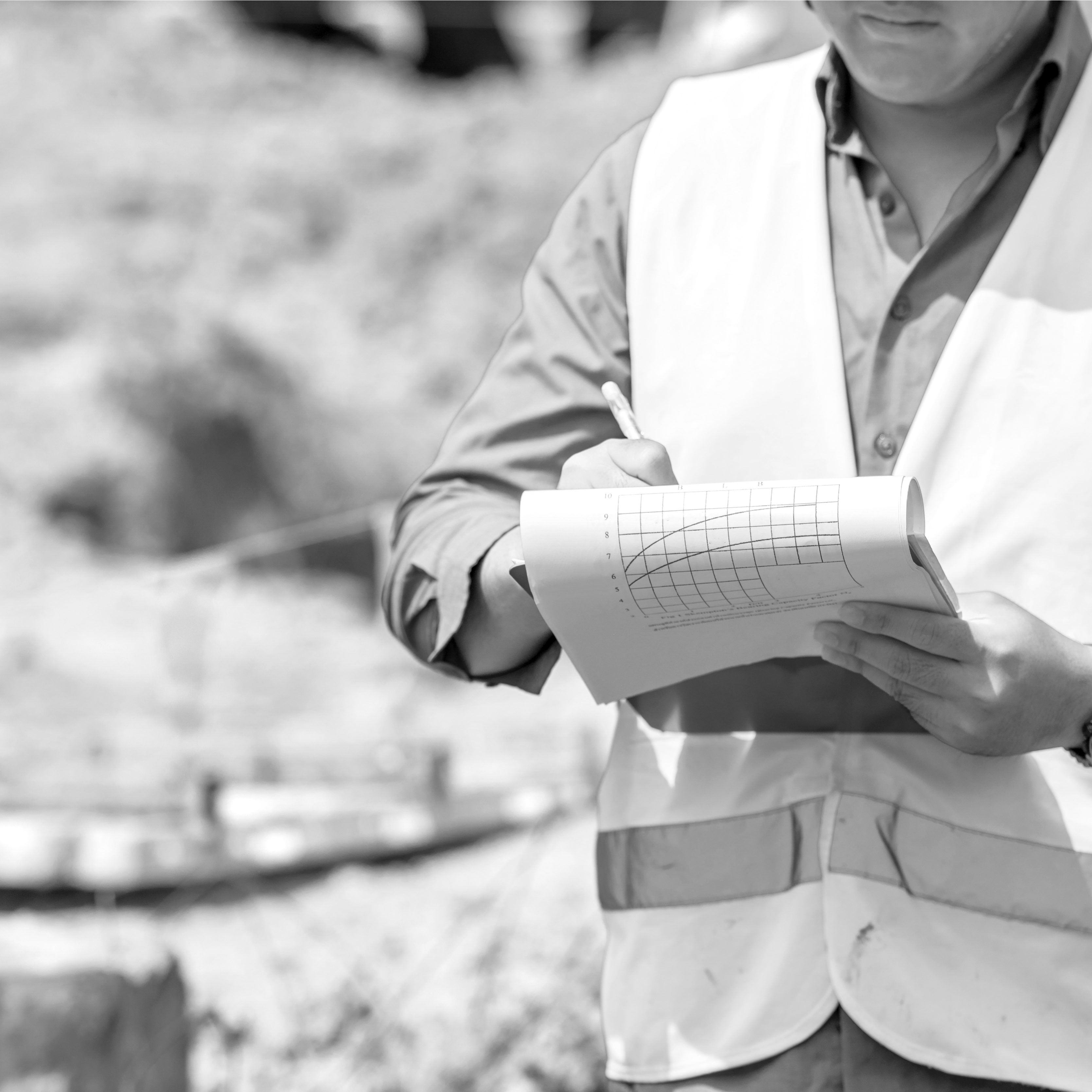
Michigan Construction Materials Testing
Tested & Ready
CCT Construction Materials Testing provides critically important data that Michigan municipalities, developers, contractors, industrial companies, and Local Public Agencies (LPAs), and even the Army Corps of Engineers rely on for construction projects.
Michigan Construction Materials Testing
Tested & Ready
Below is a brief overview of the importance of construction materials and soils testing. The Maakil Group is exceptionally well qualified to provide complete construction materials, mixes and soils testing services, which we provide through our Maakil CCT Lab (Ohio) and CCT Lab (Michigan). Just click on the Lab link for your area for more information about our testing services.
The foundation that the structure rests upon plays a significant role in the ultimate success of a project. Whether its clay, silt, sand, gravel, or bedrock, understanding the conditions of a site can help your team make smart engineering and construction decisions. Test verification of the materials used on a job site is essential for compliance to specifications, adhering to Michigan building codes, providing occupational safety, and following environmental regulations. In addition to the standard tests that are required by the specification, we perform specific tests on construction materials as dictated by the needs of the client. Proper testing can provide critical information to assist engineers in achieving sound building practices. Our laboratory engineers and technicians also sample, examine, and classify soil materials. We uphold current State of Michigan and federal standards. CCT highly skilled geotechnical team always provide accurate conclusions and recommendations regarding material compliance for each project’s requirements. Our testing services include:
Aggregate Testing.
The bulk density of aggregates determines the type of concrete for which it may be used and also helps to determine the quality of aggregate.
Aggregate Testing may include:
- Component Analysis (Sand, Gravel, Limestone) – Department of Transportation
- Filter Sand – Environmental Protection Agency (EPA)
- Railroad Ballast – American Railroad Engineering Association
- Riprap – U.S. Soil Conservation Service
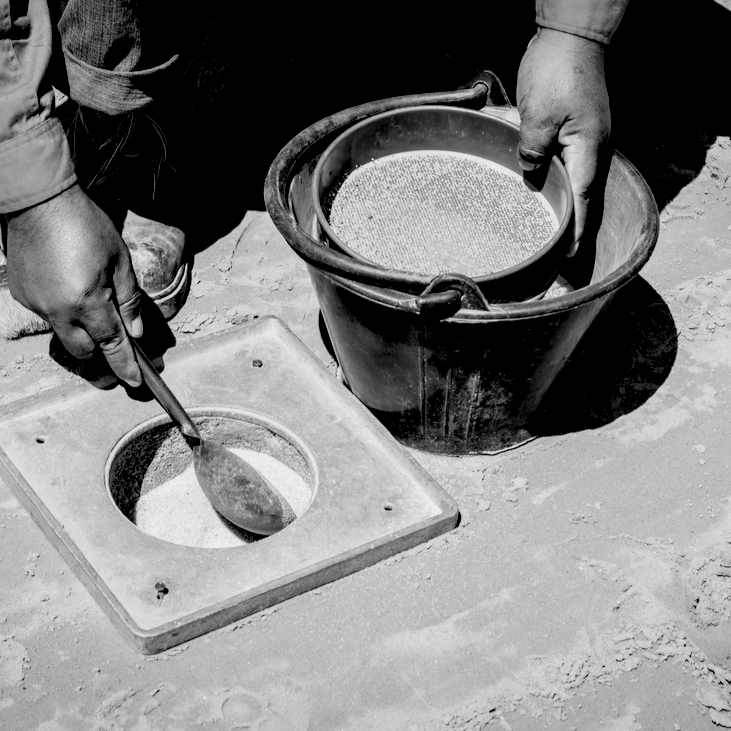
Aggregate Testing.
The bulk density of aggregates determines the type of concrete for which it may be used and also helps to determine the quality of aggregate.
Aggregate Testing may include:
- Component Analysis (Sand, Gravel, Limestone) – Department of Transportation
- Filter Sand – Environmental Protection Agency (EPA)
- Railroad Ballast – American Railroad Engineering Association
- Riprap – U.S. Soil Conservation Service

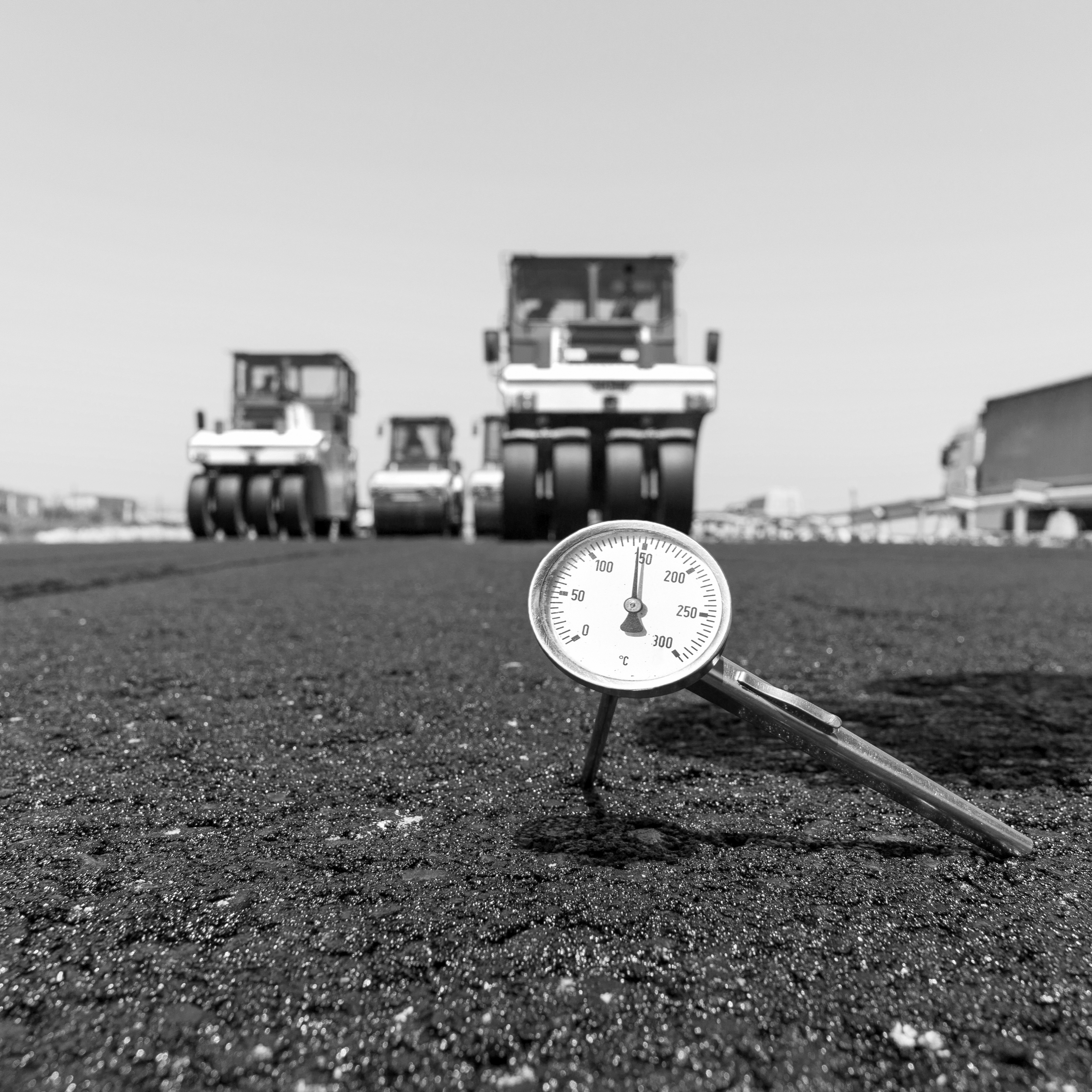
Asphalt Testing.
Asphalt testing and density control can help to ensure quality and durability in pavement performance. Asphalt testing may include:
- Nuclear Gauge Calibrations Extractions and Grading
- Core Testing and Density of Strength
Be sure to talk to us about pavement performance goals before you begin your next asphalt project.
Asphalt Testing.
Asphalt testing and density control can help to ensure quality and durability in pavement performance. Asphalt testing may include:
- Nuclear Gauge Calibrations Extractions and Grading
- Core Testing and Density of Strength
Be sure to talk to us about pavement performance goals before you begin your next asphalt project.

Concrete Testing.
We also provide a wide variety of concrete, asphalt, and material testing. We also have experience testing heavy highway and high-strength concrete and asphalt projects, including airplane runways and major highway expansions, plus additional applications:
- Mix Designs to Verify and Optimize Standard and Special Project Conditions
- Compression Tests
- Flexural and Split Tensile Strength Tests
- Modulus of Elasticity
- Creep Testing
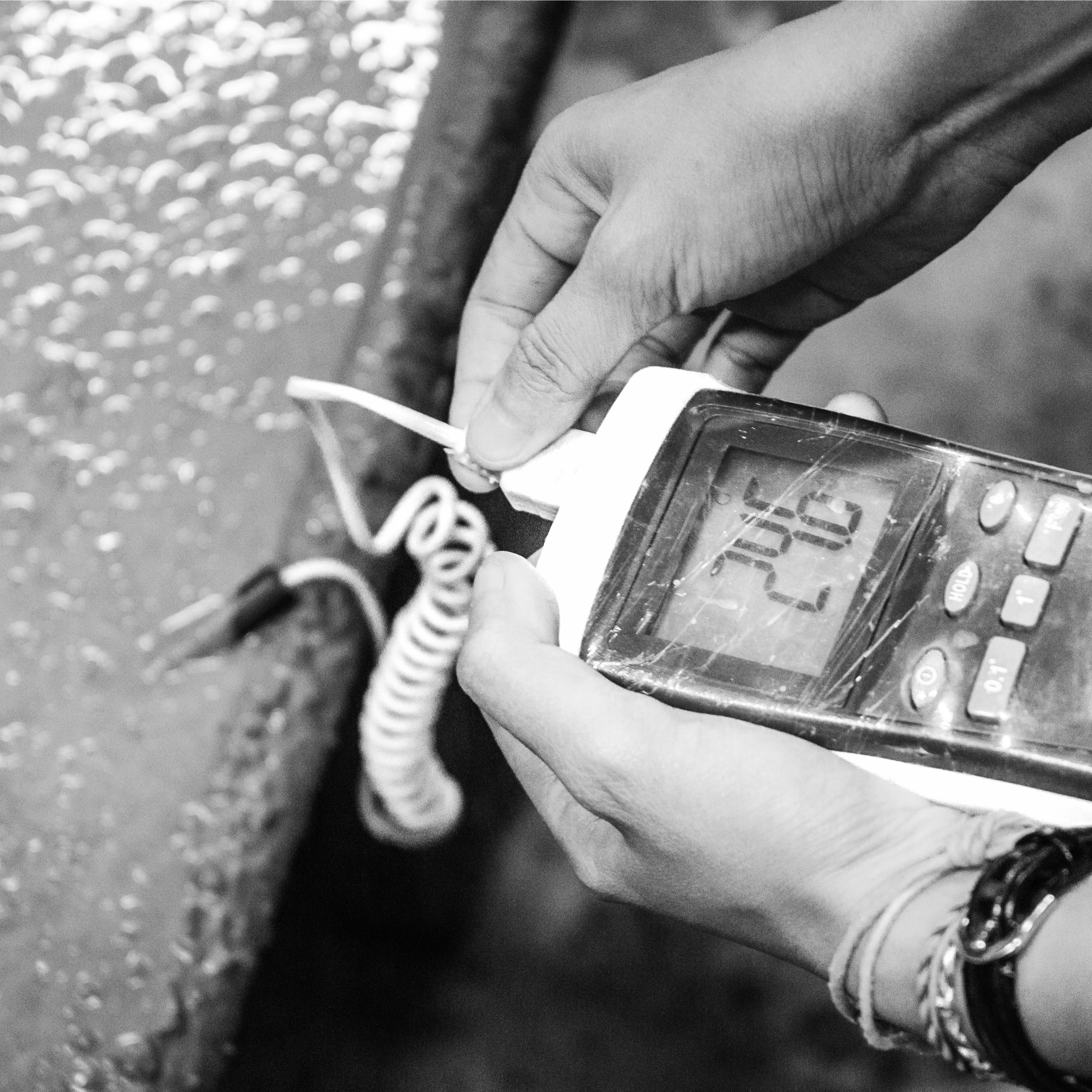
Concrete Testing.
We also provide a wide variety of concrete, asphalt, and material testing. We also have experience testing heavy highway and high-strength concrete and asphalt projects, including airplane runways and major highway expansions, plus additional applications:
- Mix Designs to Verify and Optimize Standard and Special Project Conditions
- Compression Tests
- Flexural and Split Tensile Strength Tests
- Modulus of Elasticity
- Creep Testing

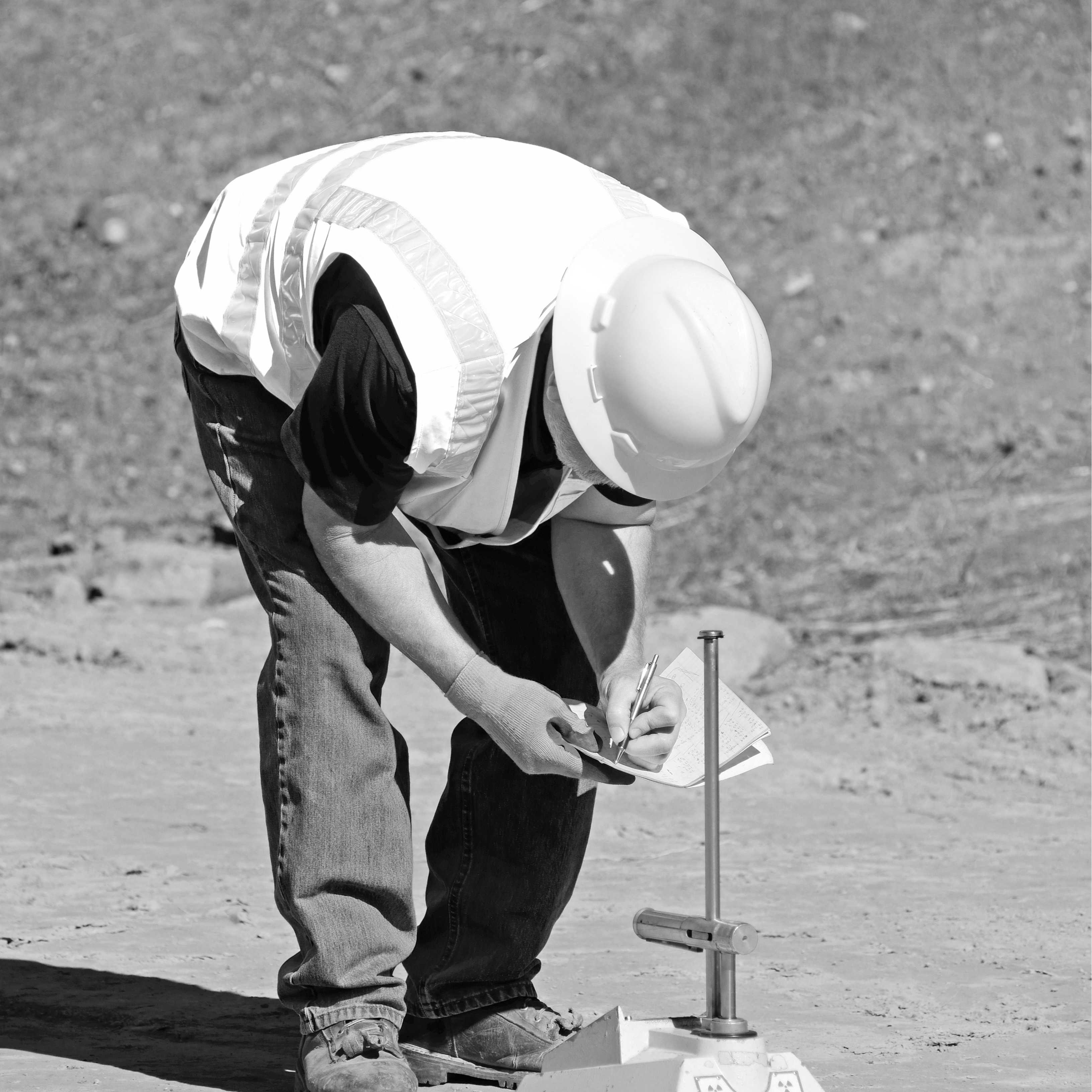
Density Testing.
Material Density Testing. Most installed surface are required to pass both DOT and area codes for density and strength before being certified. Asphalt density is one of the most important measurements in construction of asphalt mixtures. Achieving the desired density of asphalt ensures that the finished product will perform as specified, with optimum durability.
Density Testing.
Material Density Testing. Most installed surface are required to pass both DOT and area codes for density and strength before being certified. Asphalt density is one of the most important measurements in construction of asphalt mixtures. Achieving the desired density of asphalt ensures that the finished product will perform as specified, with optimum durability.
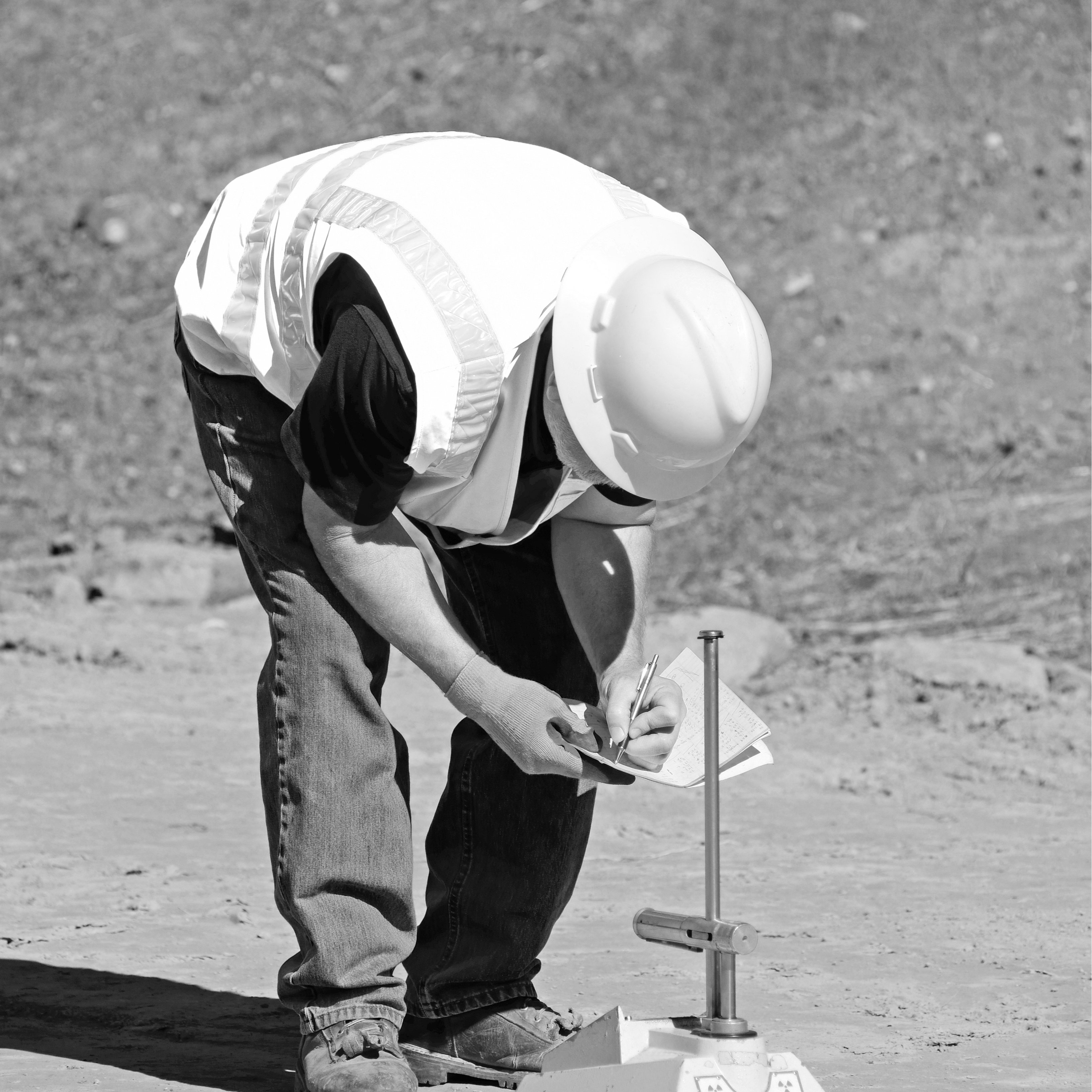
Soil Testing.
Complete soil testing is essential during many types of construction projects. During the placement of engineered backfill material, soil density testing is necessary to evaluate whether the final soil composition and compaction levels are adequate to support the planned improvements, including roads, bridges, and building foundations as designed.
Types of soil testing include:
- Classification
- Compaction Parameters
- Permeability tTests
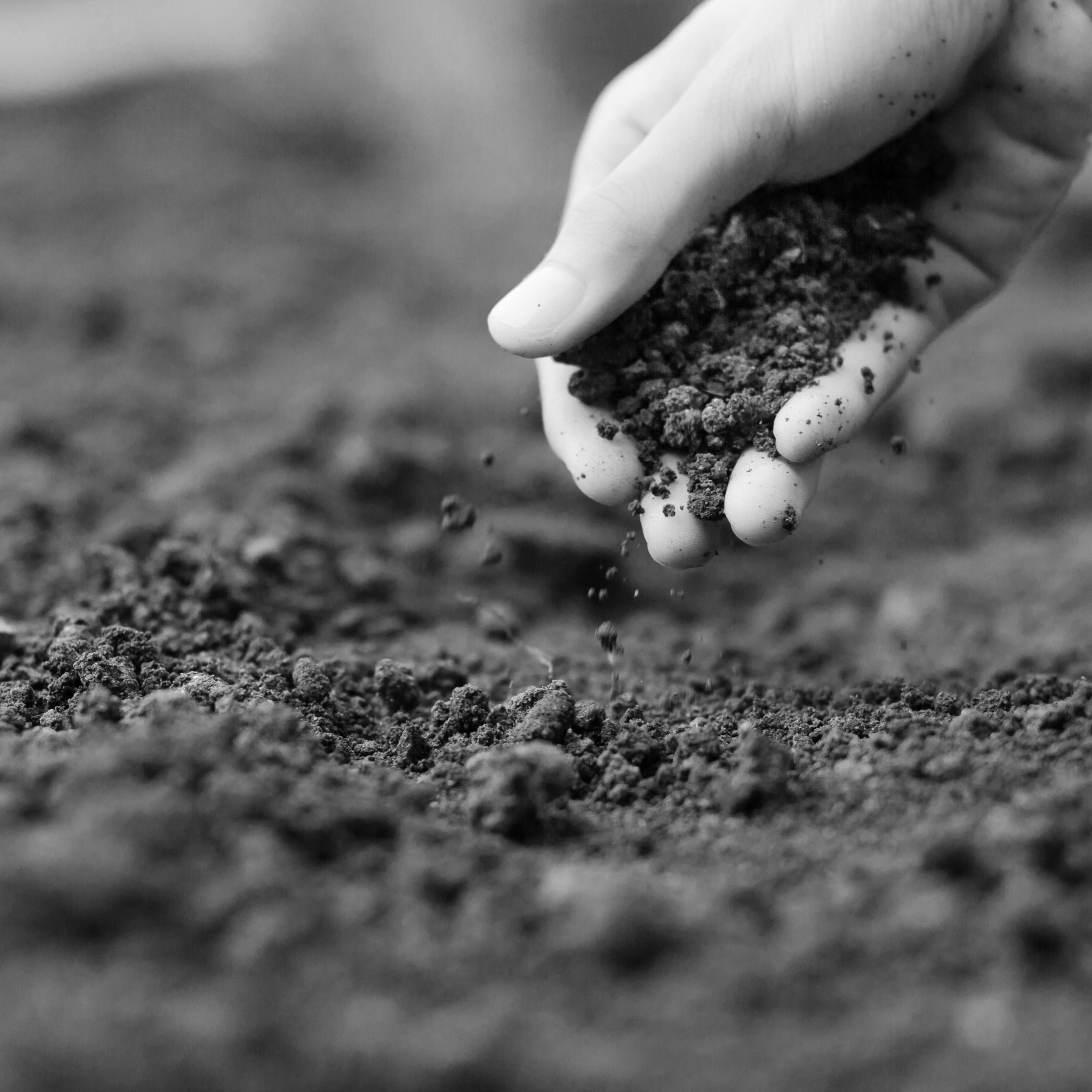
Soil Testing.
Complete soil testing is essential during many types of construction projects. During the placement of engineered backfill material, soil density testing is necessary to evaluate whether the final soil composition and compaction levels are adequate to support the planned improvements, including roads, bridges, and building foundations as designed.
Types of soil testing include:
- Classification
- Compaction Parameters
- Permeability Tests

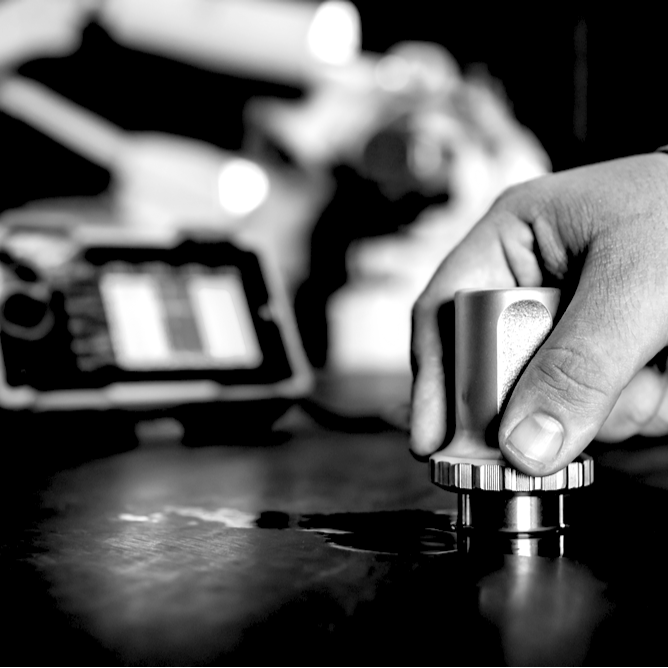
Nondestructive Testing.
Nondestructive testing (NDT) is used to evaluate the physical and structural properties of a material, component or infrastructure without causing damage. Nondestructive testing plays a crucial role to ensure the safety and reliability of bridges, buildings, and much more. By inspecting materials and components without changing or destroying their usefulness, non-destructive testing can improve product reliability, provide insight on repair criteria, and reduce costs by preventing future accidents. Nondestructive testing can be conducted at any stage of the construction process, and also is very useful to monitor the integrity of a structure throughout its life.
Nondestructive Testing.
Nondestructive testing (NDT) is used to evaluate the physical and structural properties of a material, component or infrastructure without causing damage. Nondestructive testing plays a crucial role to ensure the safety and reliability of bridges, buildings, and much more. By inspecting materials and components without changing or destroying their usefulness, non-destructive testing can improve product reliability, provide insight on repair criteria, and reduce costs by preventing future accidents. Nondestructive testing can be conducted at any stage of the construction process, and also is very useful to monitor the integrity of a structure throughout its life.

Product Testing.
The team of experts at CCT use advanced techniques to provide insights on a wide variety of products from many different industries. We can test for safety, competitive characteristics, durability, performance, and adherence to regulations, requirements, and specifications. Throughout our long history, we’ve tested products such as toys, fasteners, cured-in-place-pipe (CIPP), and pressure vessels.
Some of the types of test we perform include:
- Hardness
- Load Strength
- Stress Analysis
- Failure Analysis
- Code Compliance
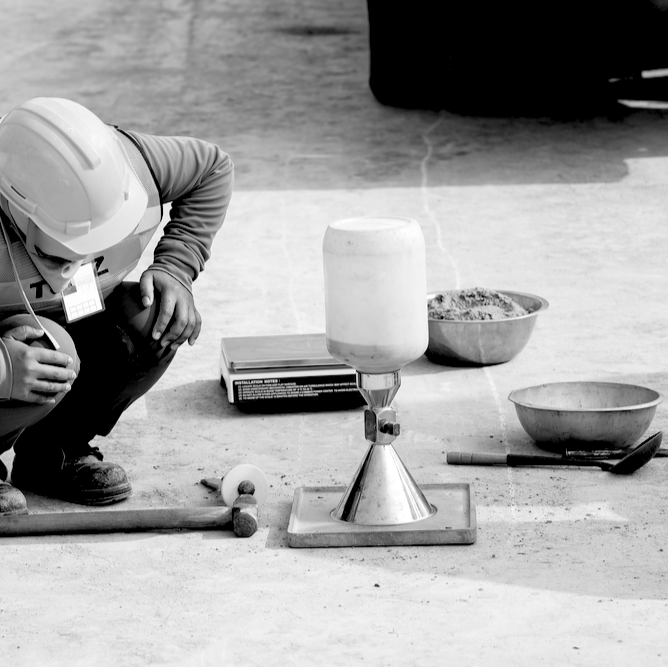
Product Testing.
The team of experts at CCT use advanced techniques to provide insights on a wide variety of products from many different industries. We can test for safety, competitive characteristics, durability, performance, and adherence to regulations, requirements, and specifications. Throughout our long history, we’ve tested products such as toys, fasteners, cured-in-place-pipe (CIPP), and pressure vessels.
Some of the types of test we perform include:
- Hardness
- Load Strength
- Stress Analysis
- Failure Analysis
- Code Compliance

Additional Testing and Inspection Services:
Construction Quality Control Testing & Inspections:
- Caisson Testing
- Evaluations
- Field Testing
- Foundation
- Masonry Walls
- Parking Lot Assessment
- Soil & Rock Laboratory Testing
- Special Inspections & Testing
- Steel Testing & Inspections
Clay-Brick, Pipe, and Tile Testing:
- Compressive Strength
- Absorption
- Freeze-Thaw
- Efflorescence
- Dimensional Analysis
- Acid Resistance
Put us to the Test!
Call CCT for a project quote today!
Or simply submit your request on the form below. We’ll respond promptly.
"*" indicates required fields
